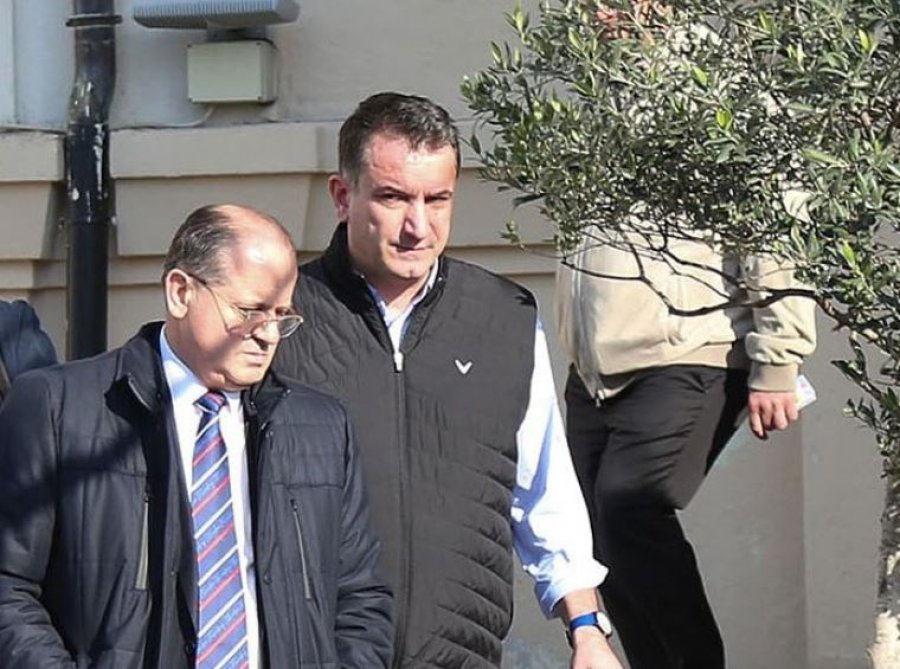Tirana Mayor Erion Veliaj officially charged after six months in detention

Erion Veliaj, the mayor of Tirana arrested on February 10, was formally notified today of his status as a defendant on four counts: passive corruption, money laundering, concealment of assets and introducing illegal items into prison. Agents from the Special Anti-Corruption Structure investigating arm, the National Bureau of Investigation (BKH) traveled to the Durrës pretrial facility on Saturday to hand him the indictment.
Why is this important: Veliaj is the highest-ranking elected official to have been arrested while in office amid Albania’s high-profile anti-corruption campaign. He spent 163 days in pretrial detention without learning the exact charges against him—raising questions about due process, proportionality, and compliance with the European Convention on Human Rights.
Context: Veliaj’s arrest followed a SPAK investigation into alleged misuse of public funds and undeclared wealth. For months, prosecutors amassed evidence but refrained from filing formal charges. That changed this weekend when BKH agents informed Veliaj he faces four criminal counts.
Also indicted is a prison guard from the General Directorate of Prisons, accused of smuggling a mobile phone into Veliaj’s cell so the mayor could contact his wife during a transfer on March 11 to the Special Court of Appeal. Veliaj’s spouse was likewise served notice of the same four charges and appeared before SPAK together with her lawyer.
Socialist Party MP Klotilda Bushka, who chairs Parliament’s laws committee, has been charged with “actions preventing the discovery of truth.” SPAK alleges that Bushka, who was not re-elected, actively intimidated witnesses linked to the case, obstructing the investigation.
Veliaj’s international legal team’s response: Veliaj’s international lawyers issued a detailed statement after the indictment was delivered.
“One hundred sixty-three days after his arrest, Mr. Veliaj finally received formal charges. His extended detention without clear indictment is unreasonable, unnecessary and disproportionate. We have serious concerns that the European Convention on Human Rights was not respected. For nearly three months, Mr. Veliaj was denied access to his international legal team, undermining his ability to mount an effective defense.”
They also condemned leaks of selective investigative details in Albanian media that seemed tailored to portray Veliaj in a very negative light, as breaches of secrecy laws and harmful to the presumption of innocence.
Next steps: Veliaj’s defense lawyers will immediately file motions to revoke his detention, challenge the legality of prolonged pretrial confinement and seek access to all evidence.
Observers say the case will test Albania’s commitment to rule-of-law standards and fair trial guarantees, particularly for high-profile defendants. The outcome may also influence public confidence in the government’s broader anti-corruption agenda.


